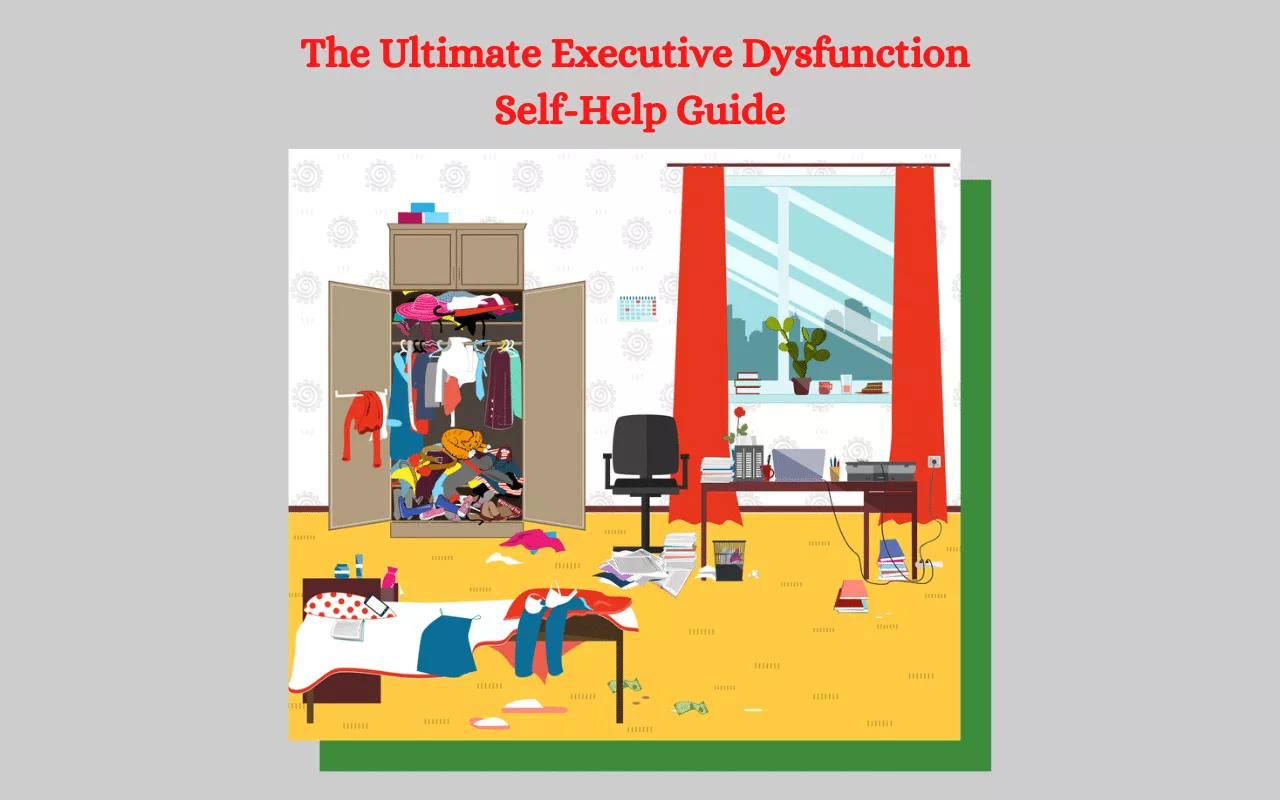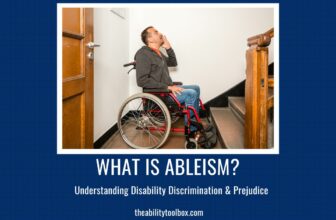
May is Mental Health Awareness Month, and first and foremost, shout out to you for engaging in the positive pro-mental health exercise geeks like us call reading. In the words of essayists Joseph Addison and Sir Richard Steele, “Reading is to the mind what exercise is to the body.” You could be binge-watching a show or hate-liking vacation pics on IG right now, but you're here, working that marvelous muscle. Your mind and body will thank you. A study conducted by the University of Sussex showed that individuals who read for six minutes exhibited slower heart rates, reduced muscle tension, and lower stress levels. So take a few minutes to read about this awesome tool from CBT, cognitive behavioral therapy, that can help you maintain your mental health — the ABC method to release stress.
When You Believe
Our beliefs often filter the lens through which we perceive the world. Rather than seeing a situation for what happened in that moment, we can overanalyze and read into situations based on things that have nothing to do with the reality of the situation in the present moment. Believing our beliefs as true without observing them through awareness limits us to our own perspective and closes us off to hearing and understanding the perspective of another. While it's totally human and understandable, living life in this way increases stress. It can make us feel like we are constantly under attack and that our beliefs are always right. This will lead to stress in and around our relationships, which is a very common source of stress for people. This also drains us of the energy we need to go out and show out in whatever we do, so it's important to be aware of our beliefs.
The ABC Method
The ABC Method in cognitive behavioral therapy is an effective way to be more mindful of how our beliefs can sometimes distort reality.
A: Activating Event
The “A” in the ABC method refers to “the activating event,” which is what a person experiences in the reality of the present moment. For instance, let's say you run into a friend in the store, and you greet each other and have a brief interaction. What you both experience in the present moment is the activating event. It can be helpful to think of “the activating event” as what happens outside of the mind. The activating event includes what we can see, hear, and experience through our senses. The activating event does not include any aspect of our preconceived notions, thoughts, beliefs, or feelings. In other words, the activating event is the non-interpreted, actual facts of a situation.
B: Beliefs
If you were to make judgments, assumptions, or conclusions about the interaction between you and your friend, they would be based on beliefs. The “B” in the ABC method refers to beliefs, which can consist of trauma, fears, insecurities, thoughts, and feelings. It can be helpful to think of the “b” as what is happening inside of our minds. This can include judgments of the situation, whether good or bad. We encounter problems when we choose to, meta-alert, believe our beliefs. By believing our beliefs and accepting them as true, without observing them, we may let them stop us from enjoying the peace of the present moment. The ABC Method does not seek to discourage people from ever acting based on their beliefs, but it provides us with an opportunity to compartmentalize and observe them. This is especially important because beliefs are often associated with emotions, regardless of what kind of beliefs they are. Reacting to unobserved beliefs can cause us to negatively act or think, based on our emotions.
The ABC Method helps us to not over-identify with beliefs, which could cause harm to ourselves and others in the form of stress. We over-identify with beliefs when we accept them as true and act on them without first observing and being aware of them. This leads to negative thoughts, feelings, and stress throughout the body.
For instance, let's go back to the example of greeting and talking with a friend in the store. Let's say that you noticed that their body language is tight and uncomfortable during the interaction. You also notice that they don't make much eye contact. Let's say that, upon noticing this, you think that they might be upset or have beef with you. That would be the more stressful thought as it would not be based on the activating event. Recall that the activating event is what actually happens in the present moment between you and your friend. If you chose to believe that your friend was slighting or dissing you because of the things you observed in the interaction, that would not be based on what actually happened in the present moment. Your conclusion would instead be based on beliefs. In reality, you wouldn't know the reason behind your friend's body language. To analyze that could cause relational stress. This isn't to say we couldn't check on that friend to make sure they're OK, but going down the path of Peter Cottontail and analyzing things can have us bouncing off the walls. This may hinder us from taking a kind step that could make the friend feel better while our mind makes like a fancy staircase and spirals. On the other hand, if beliefs are observed and we focus on the activating event, we can better regulate our stress levels.
Mindfulness helps us observe our beliefs while embracing the peace that lives in the present moment. It is the practical step we can use to apply the “B” in The ABC Method. Mindfulness is the act of placing our full attention on our senses and breathing in the present moment, while observing our thoughts, feelings, and beliefs. With consistent practice, we can build the presence to be able to observe and control our thoughts and beliefs. We can develop mental strength to no longer allow beliefs to block us from the blessings and beauty of mental peace. Another bonus of mindfulness is that it increases kindness and generosity. You'll be able to help slow down the ever-growing epidemic of CAS-23 (chronic asshole syndrome) that is running rampant in this country!
“C” Your Way Out of It
After being mindful of our thoughts and beliefs in the “B” step of The ABC Method, we can move on to the “C” aspect, which stands for “consequence.” Once we've empowered ourselves with mindfulness to observe our thoughts and beliefs, we have a choice to make. We can either believe our beliefs which may come from a negative place in our past, or we can choose not to analyze a situation and focus on the activating event. If we find it hard to focus on the “A” and are still getting caught up in the “B”, we can choose a more positive “B” instead. For instance, you could choose to believe that your friend is stressed out or anxious about something that has nothing to do with you and give her grace on the slightly weird interaction.
What we choose to do in this step of the ABC method can potentially free our mind to spark up positive and useful ideas rather than get caught in negative thoughts, feelings, or beliefs. The positive emotions that focusing on the “A” of a situation or choosing a more positive belief produces can benefit our lives and relationships significantly.
In application, The ABC Method helps us to be grounded in the present reality and more mindful. It can be helpful to write about and work through situations while applying the ABC method in a journal. A therapist can also be a helpful resource in helping you apply the ABC method. By applying it when we feel ourselves starting to overanalyze and overthink, we can come to a place where we can make a conscious decision of how we are or are not going to think, speak, and act going forward. Allowing us to put down some of that mess called stress. Feel our best! Pass life's tests. And if all else fails, spit some rhymes sometimes. It's good for the stress.
I'm a millennial mental health advocate and writer. In addition to all things mental health, I enjoy writing about spirituality and sharing my experiences with a touch of humor because it really is an antidote and an anesthesia to help us cope with the calamity of life!







